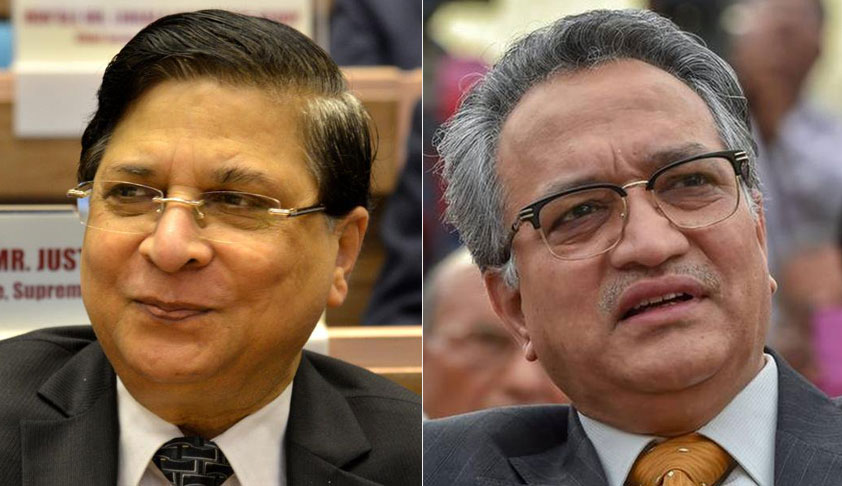The Supreme Court on Monday observed that the question whether the challenge to the validity of Article 35A is to be referred to a constitution bench shall be considered by a three-judge bench on August 27.“Article 35A was not incorporated in the Constitution yesterday. It has been there for 60 years, since 1954...now when it is being challenged, the question whether it should go to...

